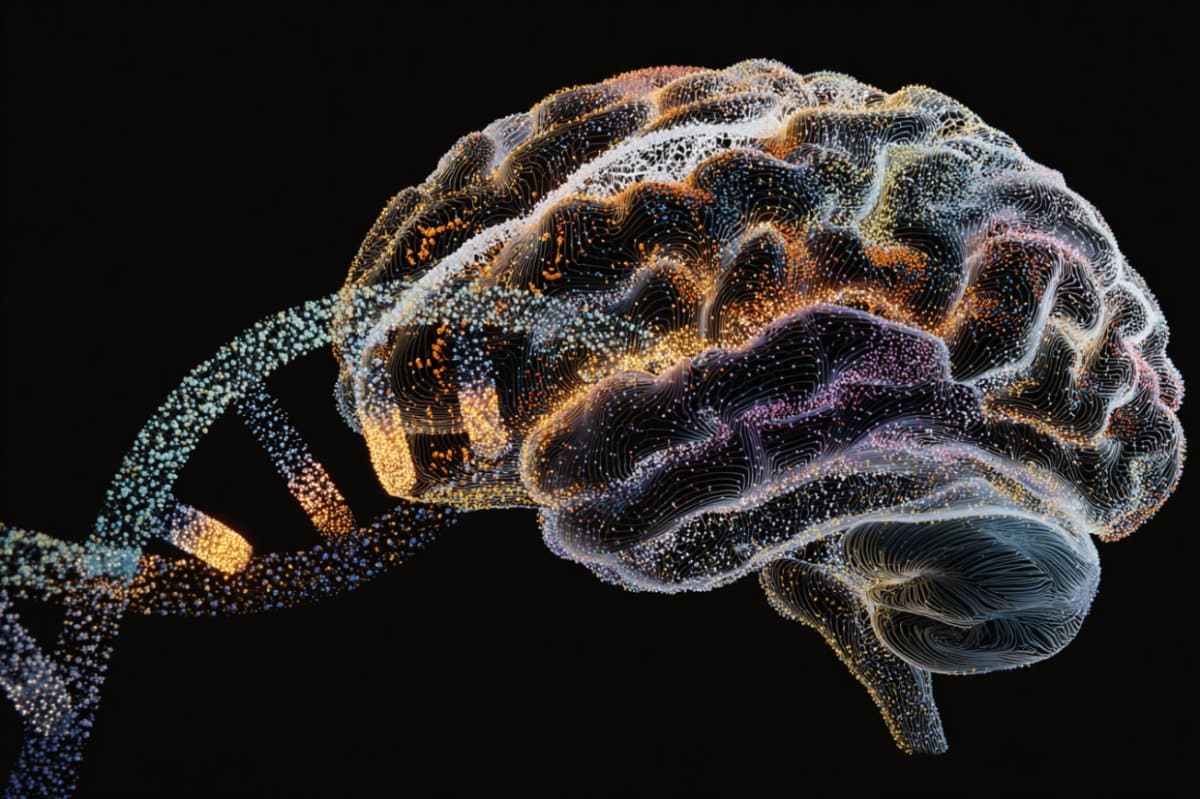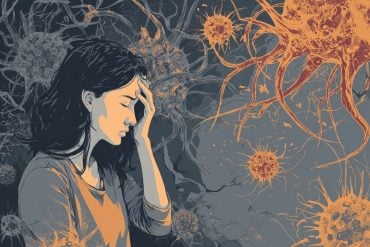Summary: Researchers have built a detailed map of DNA methylation changes in nearly 1,000 human brains from six weeks after conception to old age. The work reveals dramatic epigenetic shifts before birth that guide the formation of the brain’s cortex, which supports thought, memory, and behavior.
Crucially, genes tied to autism and schizophrenia showed strikingly active methylation changes in early life, suggesting disruptions here may contribute to these conditions. The findings highlight the role of epigenetics in brain development and provide a foundation for future studies into mental health.
Key Facts
- DNA Methylation Shifts: Major changes occur before birth, shaping the cortex.
- Cell-Type Specificity: Neurons show unique DNA methylation patterns early in development.
- Neurodevelopmental Links: Autism- and schizophrenia-related genes undergo highly dynamic DNA changes.
Source: University of Exeter
Researchers at the University of Exeter have created a detailed temporal map of chemical changes to DNA through development and aging of the human brain, offering new insights into how conditions such as autism and schizophrenia may arise.
The team studied epigenetic changes – chemical tags on our DNA that control how genes are switched on or off. These changes are crucial in regulating the expression of genes, guiding brain cells to develop and specialize correctly.

One important mechanism, called DNA methylation, was examined in nearly 1,000 donated human brains, spanning life from just six weeks after conception through to 108 years of age.
The researchers focused on the cortex, a region of the brain involved in high-level functions such as thought, memory, perception, and behaviour. Correct development of the cortex during early life is important to support healthy brain function after birth.
The study, published today in Cell Genomics, revealed that DNA methylation changes dramatically before birth, reflecting the activation of key biological pathways needed to build the cortex.
The researchers also discovered that neurons – the brain’s main signalling cells – start to show unique patterns of DNA methylation early in development, different from other brain cells.
Importantly, genes linked to autism and schizophrenia were found to undergo especially dynamic DNA methylation changes during brain development. This suggests they play a vital role during development of the brain’s cortex, and that disruptions to these processes could contribute to these conditions.
Alice Franklin, from the University of Exeter, who is first author on the study said: “By analysing how chemical changes to DNA shape the brain across the human lifespan, we’ve uncovered important clues about why neurodevelopmental conditions like autism and schizophrenia may develop. Our findings highlight that their roots may lie very early on in brain development.”
The study confirms that epigenetic processes are essential for creating different brain cell types and may help explain how and why developmental differences occur.
Professor Jonathan Mill at the University of Exeter, who directed the research, added: “This work gives us a clearer picture of the biological processes guiding brain development and how these differ across cell types. In the long term, this could help us move closer to understanding the mechanisms underpinning neurodevelopmental conditions.”
Funding: The study was funded by the Simons Foundation Autism Research Initiative, the Medical Research Council and the European Union’s Horizon Programme. It was supported by Wellcome and the NIHR Exeter Biomedical Research Centre.
About this genetics, Autism, and schizophrenia research news
Author: Louise Vennells
Source: University of Exeter
Contact: Louise Vennells – University of Exeter
Image: The image is credited to Neuroscience News
Original Research: Open access.
“Cell-type-specific DNA methylation dynamics in the prenatal and postnatal human cortex” by Alice Franklin et al. Cell Genomics
Abstract
Cell-type-specific DNA methylation dynamics in the prenatal and postnatal human cortex
The human cortex undergoes extensive epigenetic remodeling during development, although the precise temporal and cell-type-specific dynamics of DNA methylation remain incompletely understood. In this study, we profiled genome-wide DNA methylation across human cortex tissue from donors aged 6 post-conception weeks to 108 years of age.
We observed widespread, developmentally regulated changes in DNA methylation, with pronounced shifts occurring during early- and mid-gestation that were distinct from age-associated modifications in the postnatal cortex.
Using fluorescence-activated nuclei sorting, we optimized a protocol for the isolation of SATB2-positive neuronal nuclei, enabling the identification of cell-type-specific DNA methylation trajectories in the developing cortex.
Developmentally dynamic DNA methylation sites were significantly enriched near genes implicated in autism and schizophrenia, supporting a role for epigenetic dysregulation in neurodevelopmental conditions.
Our findings underscore the prenatal period as a critical window of epigenomic plasticity in the brain with important implications for understanding the genetic basis of neurodevelopmental phenotypes.






